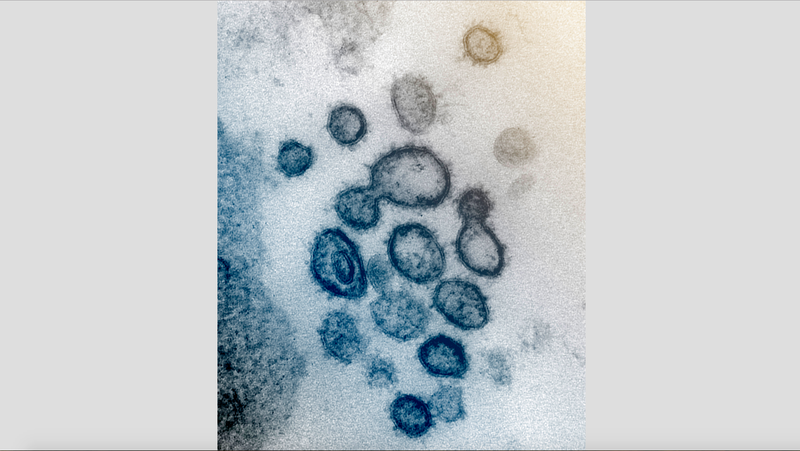Projected covid-19 deaths in Arkansas have fallen sharply in recent days, according to a model that has been cited by members of the White House Coronavirus Task Force.
State officials say the latest estimates are helpful, but they emphasized that much remains unknown.
"We just don't have enough experience with this virus to say confidently that we know exactly what's going to happen one month, two months, three months from now," state Health Secretary Dr. Nate Smith said.
The new fatality projections from the University of Washington's Institute for Health Metrics and Evaluation are still high. The coronavirus is projected to take 297 lives in Arkansas by Aug. 4.
Nonetheless, the number of projected deaths is dropping as Arkansans socially isolate and take other precautions, raising hopes that hundreds of lives will be spared.
The University of Washington research has been referenced repeatedly in recent days by Dr. Deborah Birx, the coronavirus response coordinator for the White House Coronavirus Task Force.
[CORONAVIRUS: Click here for our complete coverage » arkansasonline.com/coronavirus]
Its model, which is periodically revised, has helped to shape the federal response, she has said.
Birx and others have pushed for sweeping restrictions in recent weeks, saying inaction would lead to disaster.
"All of the flu models predicted anywhere between 1.6 and 2.2 million fatalities, if we didn't mitigate," she told reporters at a White House briefing last month.
In a research paper published March 26, the institute had projected the coronavirus would kill 707 Arkansans by early August. An updated analysis, released Thursday, projected 619 deaths.
The latest figures, which were posted early Monday morning at covid19.healthdata.org/projections, anticipate a far lower toll.
Even so, the virus is expected to kill nearly one out of every 10,000 Arkansans.
Nationwide, the institute projects 81,766 deaths by Aug. 4 and foresees a possible shortage of health care resources by the middle of this month. That's down from 93,531 deaths in the projections released Thursday.
Unless new spaces are created, it foresees a shortage of 36,654 hospital beds and 16,323 intensive care unit beds on April 15. It projects the national daily death toll will peak April 16 at 3,130.
In Arkansas, daily deaths are expected to peak at 10 on April 27. The state has enough hospital and intensive care unit beds as well as ventilators to handle the worst of the outbreak, if the institute projections are correct.
At Monday's coronavirus media briefing, Gov. Asa Hutchinson said the decisions Arkansans make this month will have life-altering consequences.
"If they continue to do what they're supposed to be doing, what we've asked them to do, what our directives say and social distancing and if that doesn't work, wear masks, reducing the size of gatherings, we're going to continue to flatten that curve," Hutchinson said.
State officials aren't ruling out further steps.
"Let me emphasize, if we are not successful there and the spread accelerates, then Dr. Smith will be looking at additional measures to recommend," Hutchinson said. "Our options are open in the future, but we're hopeful."
While the University of Washington modeling is attracting national attention, it is not the final word, he suggested.
"There's probably 20 different projections out there for Arkansas," Hutchinson said. "Today, because of our success, they changed the model."
The research will continue evolving as additional data is processed, he noted.
"It's a changing environment out there, which just reflects we actually don't know completely how this develops, but I'm grateful for those projections. And whenever they give us a projection, we want to beat that projection and reduce that spread," he said.
Smith cautioned that some areas have seen spikes in transmission after seemingly slowing the rate of growth.
Coronavirus data can help Arkansas prepare for what's ahead, he said.
"We need to use the information that we ... have available to plan wisely so that the things that we do today will improve our situation a month or two from now," Smith said.
A Section on 04/07/2020

